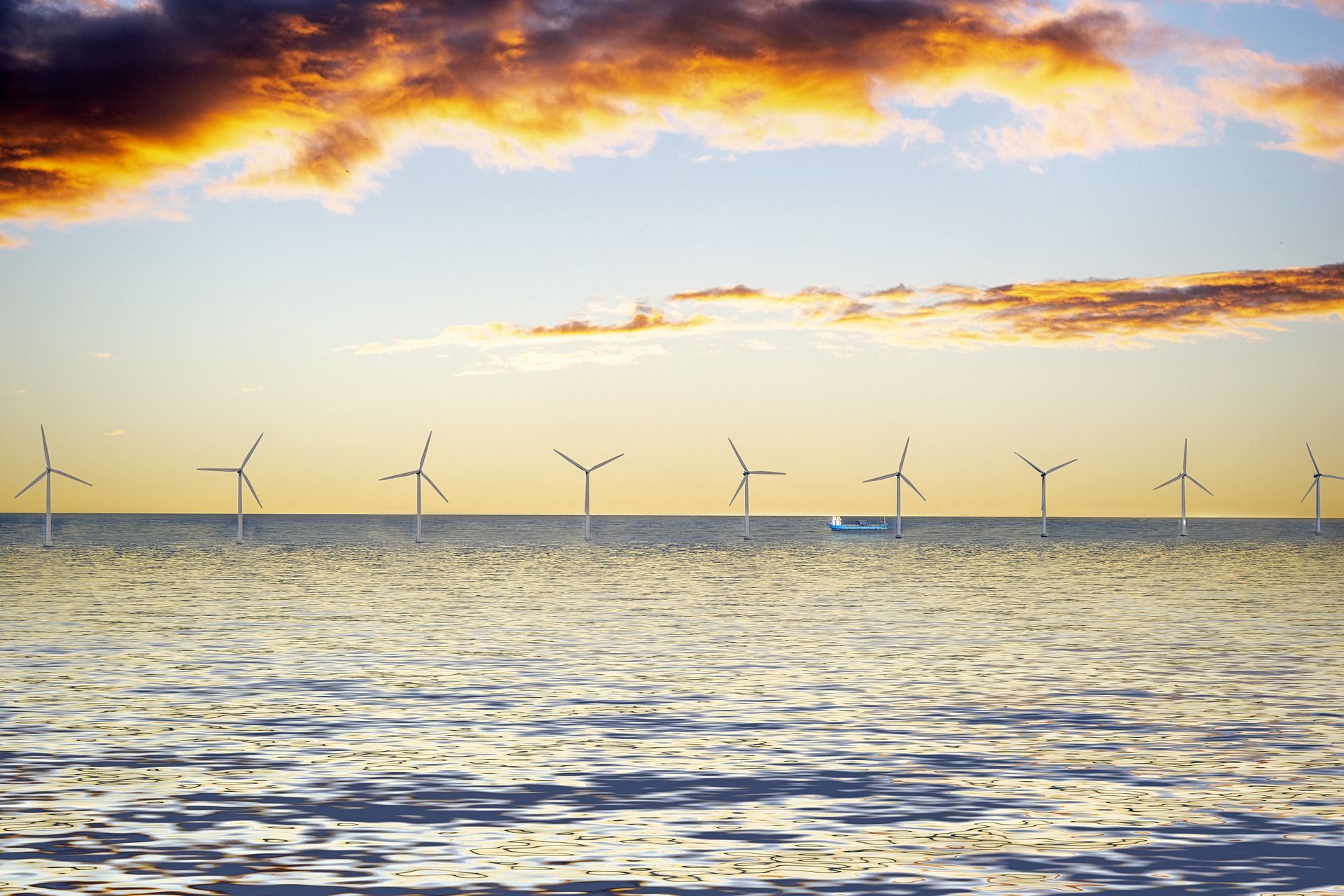Environmental experts and organisations, business leaders and politicians are gathering today at Marienborg for what has been dubbed the ‘Green Marienborg Meeting’, according to Statsministeriet.
Mette Frederiksen was due to kick off proceedings with a speech a speech in light of the UN’s recent damning survey on climate change.
“The latest climate report from the UN is alarming reading,” commented the Prime Minister. “We must act quickly, and Denmark must take the lead.”
“The government wants a significant expansion of offshore wind. And we want to ensure that we reach the CO2 reduction target for 2025.”
After Frederiksen’s speech, presentations and panel debates were scheduled on various topics, including global climate ambitions, Denmark’s role as a supplier of green fuels to Europe and the expansion of renewable energy on land.
Offshore obstructions?
While the PM was expected to promote offshore wind, suggesting that Denmark use 30 percent of its waterways to that end, she is not expected to raise the issues connected to the ‘open door’ scheme through which offshore wind farm contracts are secured.
Earlier this year, all such projects were halted due to concerns about their legality within the framework of EU law.
Although the legal issues appear to have been resolved, many offshore wind farm projects went through a period of insecurity that provoked anger an uncertainty within the industry.
READ ALSO: Offshore wind farm projects on the rocks
Power-to-X scheme now open
In other news, the Danish Energy Agency has today declared the ‘Power-to-X’ scheme open in a press release.
The scheme has set aside subsidies of a total of 1.25 billion kroner for projects producing green hydrogen.
The state aid project aims, among other things, to promote the transition away from Russian gas.
Interested companies will bid for the allocation of funds, with the deadline for applications falling on 1 September 2023.















